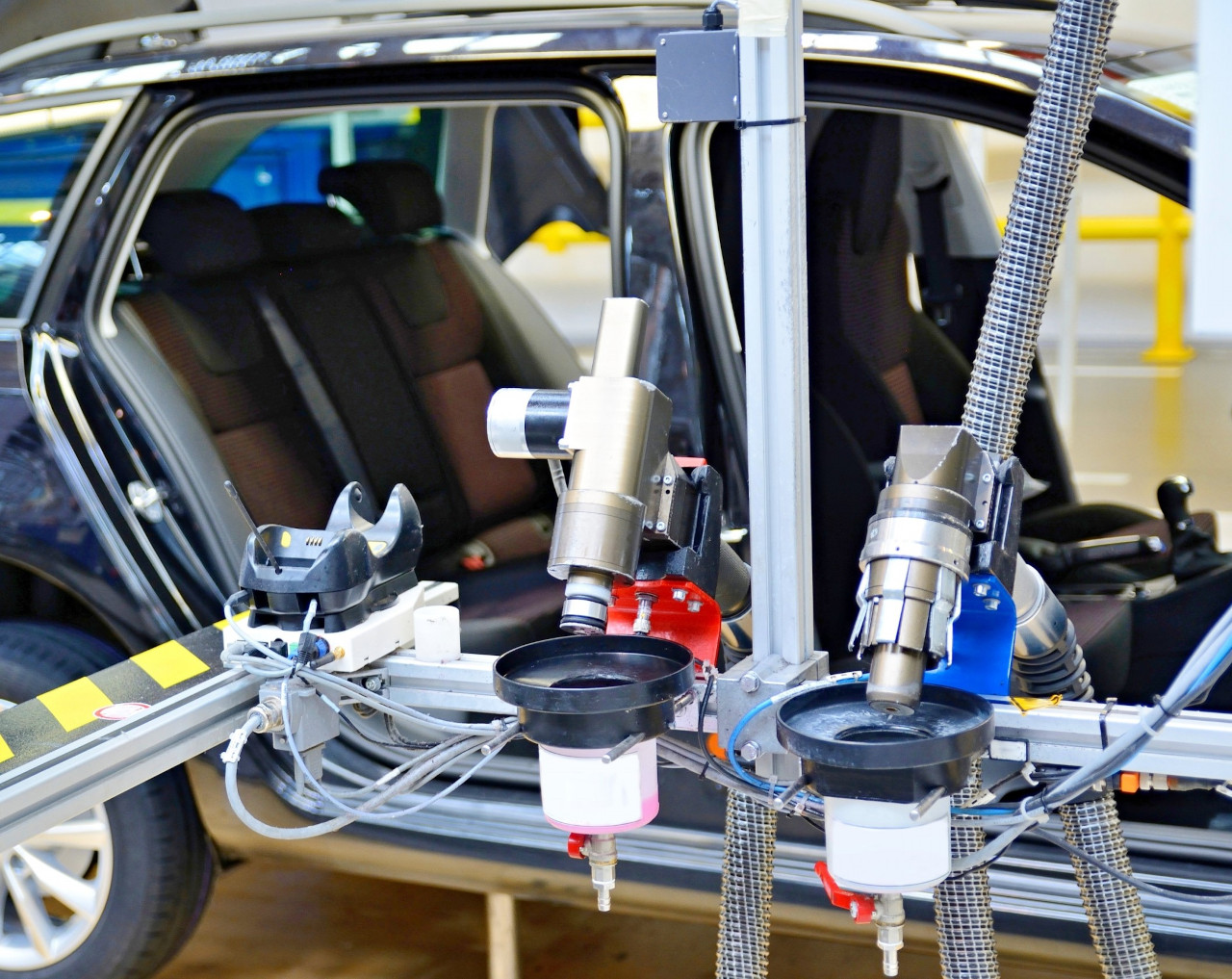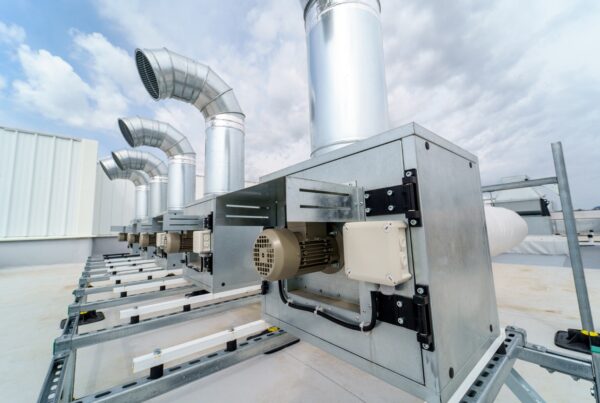
Gluing materials with different thermal expansion
In this article, we explore the techniques and solutions used to successfully bond materials with different coefficients of thermal expansion.
Bonding materials with different coefficients of thermal expansion (CTE) can prove to be a difficult task for many manufacturers.
Typical examples of different combinations of materials with different thermal expansion :
- Glass / Plastic
- Aluminum / Glass
- Tires/Metals
- Ceramic / Plastic

SOLUTIONS FOR BONDING MATERIALS WITH DIFFERENT THERMAL EXPANSION
Adhesives offer many unique advantages over mechanical coupling mechanisms. These benefits include lightening, improved aesthetics, and space-filling properties.
There are two main techniques used to solve the problem of bonding materials with different rates of thermal expansion.
The first technique involves matching the thermal expansion coefficients of the adhesive with the materials, manually choosing options of similar value.
The second solution, which is often simpler and safer, is to use highly flexible and strong adhesives to compensate for differences in CTE.
It is important to evaluate the geometries, substrates, and working conditions of your application before deciding on the technique you use for this purpose.
Flexible adhesives allow efficient dissipation of stress forces created due to different coefficients along the bond extension, preventing buildup and detachment. They do this through the incorporation of elastomers within the adhesive.
Stiffer adhesives can also provide a solution to this problem by being highly filled and having a low coefficient of thermal expansion. This can help the adhesive handle the high stresses and vibrations involved in bonding materials of different, enabling effective bonding.

PRODUCTS
BETAMATE 2810 is a two-component polyurethane adhesive that can be used for bonding materials with different coefficients of thermal expansion, such as in composite automotive body panels to metal frames.
It is ideal for bonding dissimilar substrates, such as composites, carbon fiber, plastics, laminates and paints after pretreatment; allowing thermal expansion and contraction with a joint due to its flexibility. In addition, this adhesive has been shown to reduce production time due to optimal curing; and to improve impact resistance.
BETAMATE 7120 is a single-component polyurethane adhesive sealant that cross-links at room temperature. It features high strength with excellent elasticity. Superior UV performance enables bonding and sealing of interior and exterior glass, panels and substructures. Designed for applications requiring a strong but flexible bond. Ideal for bonding materials with different thermal expansion rates, such as glass or metal to plastic
BETASEAL 1580 is a one-component polyurethane adhesive that can also be used for glass bonding in the automotive industry. Its nonconductive formula reduces interference, making it suitable for windshields with rain sensors, radionavigation antennas, heating and demisting systems. It is fast-curing, cold-applied and suitable for bonding materials with different coefficients of thermal expansion.



